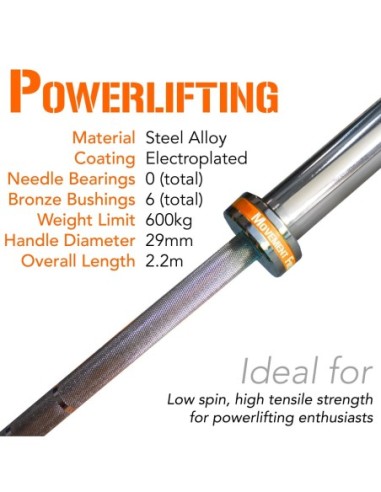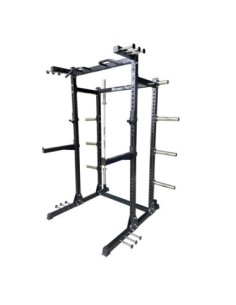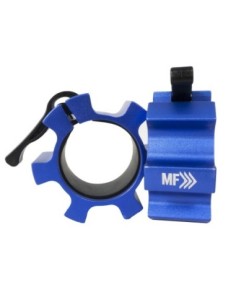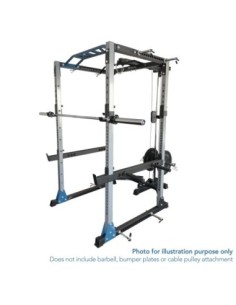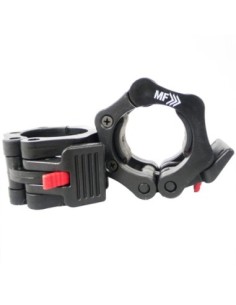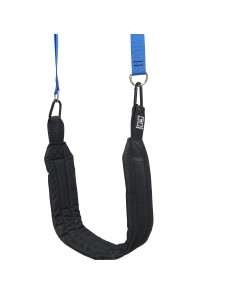Powerlifting Bars in the current market are expensive because they are designed for the professional lifter capable of squatting or deadlift in excess of 400kg. Most amateurs will never even get close to that number, but are expected to spend more than $500 buying a single bar? The key manufacturing differences between making olympic bars, which has a wide variance in price, and powerlifting bars is the spin of the collars. Olympic bars are designed to spin well. For expensive Olympic Bars, they spin well and consistently. For extremely cheap bars, their spin is inconsistent over time. The spin is a result of using mostly needle bearings, which result in lesser friction. Bronze bushings, which do not spin as well, is also used because is able to absorb impact better. For our powerlifting bars, we removed all the needle bearings and added in 6 bronze bushings to ensure slow spin and good impact absorption from the heavy deadlifts. The knurling position is similar to major brands in the market, suitable to position for bench press, deadlifts and squats.
Knurling pattern (bold is part with knurling): 25cm | 1cm | 19cm | 5cm | 12cm | 5cm | 19cm | 1cm | 25cm
It comes with passive centre knurling for squats and active deeper knurling for grip positions. While our active knurl is deeper than most in the market, it is not as deep as the professional powerlifting bars. The main reason is to cater to an amateur market with a lower pain tolerance.
Bars with deeper knurling require more precision from the lifter, and has a lower margin for mistakes. A slight slip during the pull will result in tears due to movement of the metal knurls on human flesh. The handle diameter is 29mm to match international standards.
The barbell is 2.2m long and has a weight capacity of 600kg.

